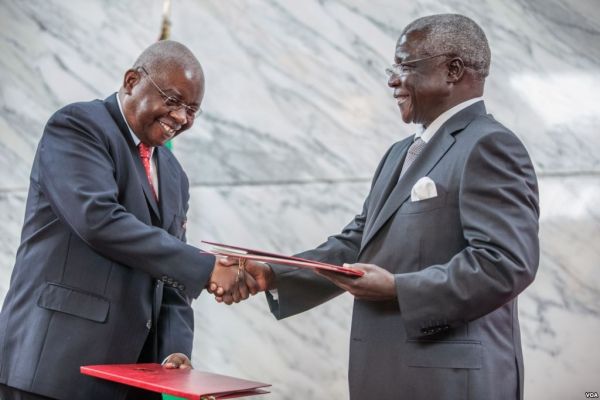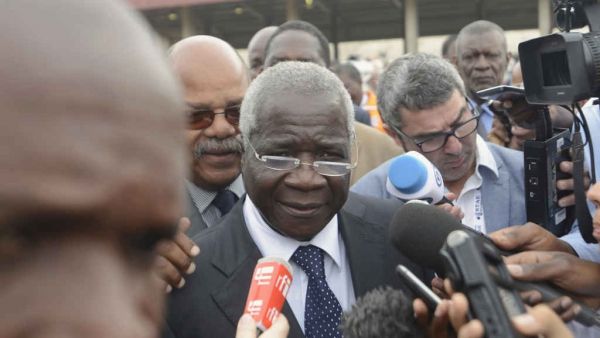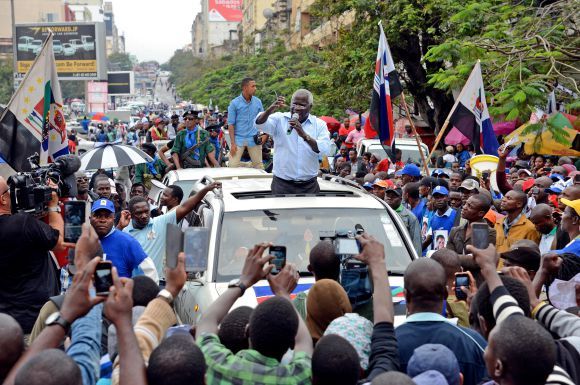Mozambique opposition boycotts peace talks
Convoy of Renamo leader attacked
Mozambique's main opposition party Renamo has boycotted peace talks with the ruling Frelimo for the second time, amid a resumption of low-level clashes between rebel militants and the army.
The boycott on 14 September comes two days after the convoy of Renamo leader Afonso Dhlakama was attacked as he returned from a rally in the central Manica province.
Dhlakama was injured but claimed that he was the subject of a deliberate attack planned by Frelimo, an accusation denied by police.
The continuing boycott has raised tensions in Mozambique and follows recent announcements from Dhlakama that Renamo is creating a separate police force and two new military bases in the Morrumbala area of the northern Zambezi region.
Sporadic clashes between Renamo rebels and the Mozambican army have been ongoing since July, in the central Tete province, forcing some Mozambicans to flee to neighbouring Malawi.
The fighting violates a peace deal signed in Maputo by Dhlakama and former president Armando Guebuza last September, before the presidential elections. The peace accord between the government and the rebels followed a two-year insurgency that resulted in scores of deaths in central Mozambique and damaged the country's tourism and mining industries. It also allowed Dhlakama to come out of hiding and enter the presidential election against Filipe Nyusi of the ruling Frelimo party.
Nyusi subsequently won the election – as expected – and was installed as president of Mozambique on 15 January. However Dhlakama has refused to recognise the legitimacy of the new parliament, which he claims Frelimo won through electoral fraud.
Dhlakama has repeatedly threatened to create a parallel government in the north.
Frelimo and Renamo fought each other in a brutal 15-year civil war between 1977 and 1992, which claimed one million lives. After more than 20 years of peace, fighting broke out between both sides last year in northern Mozambique but was brought to an end by the peace deal in September.
Renamo accuses Frelimo, which has governed Mozambique since independence from Portugal in 1975, of monopolising political and economic power in a nation where more than half the population still lives in poverty, despite being one of Africa's fastest-growing ecomonies.


















